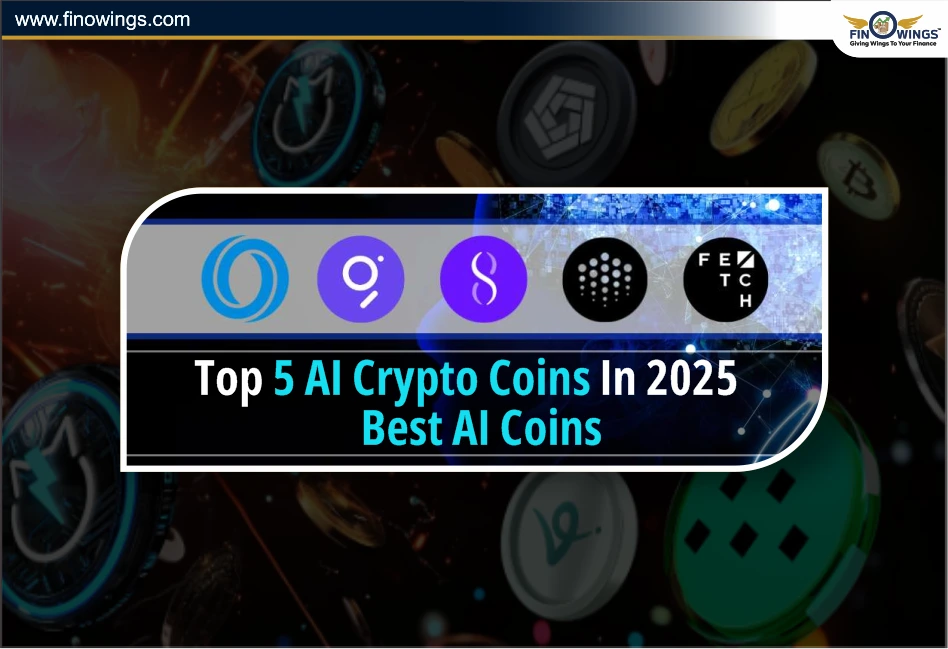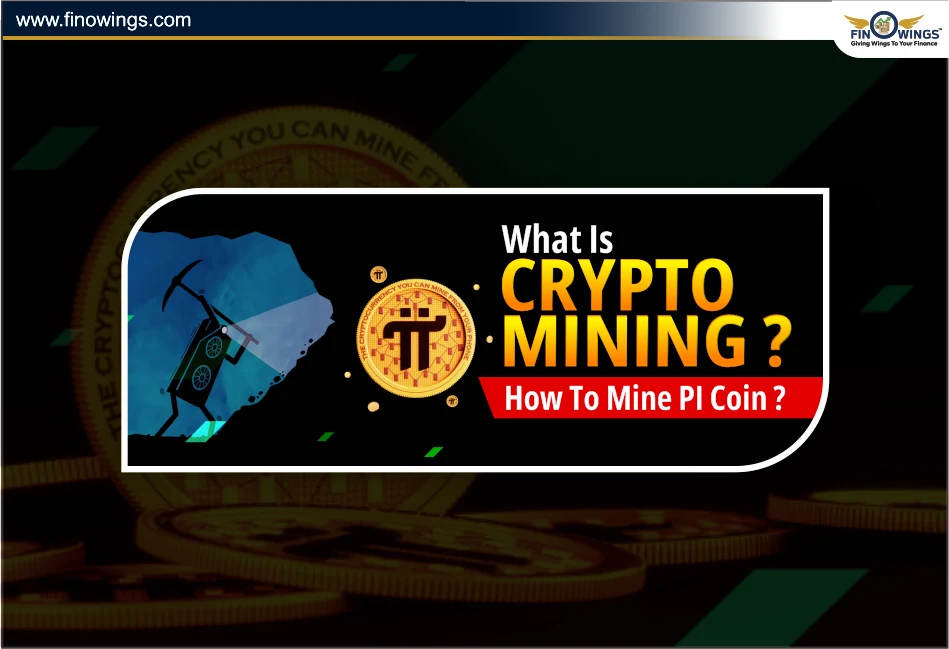Home >> Blog >> What is Digital Rupee and how it is different from Cryptocurrency?
What is Digital Rupee and how it is different from Cryptocurrency?

Table of Contents
India will soon launch digital currency. Nirmala Sitharaman, Finance Minister, stated that the Reserve Bank of India would launch digital currency during the financial year 2022-23. It will become the official digital currency of India. Digital form is the subject of much debate. This is seen by some financial experts as a counterweight for the popularity of private cryptocurrency.
Blockchain technology can be used to exchange the current currency. Although it is a virtual currency, it cannot be used in the same way as a private currency. The Central Bank Digital Currency (CBDC), is currently being discussed. Private cryptocurrencies have been opposed by the Reserve Bank. Private cryptocurrencies can pose a threat to the financial system as well as the security of the country.In this blog you will get complete information about Digital Rupee as well as you will also know how it is different from Crypto Currency?
Before knowing all this, it is important to know what is Crypto Currency and what is Digital Rupee?
What is CryptoCurrency?
Cryptocurrency is a currency that we cannot touch or see. That is to say, a digital or virtual currency is that currency, which can be kept in an online wallet only. It is never in physical mode, but can be kept in an online wallet as a digital coin. Cryptocurrencies are not controlled by any regulatory or government While digital currency of the RBI will be verified by the government regulatory body, which will be legally recognized for transactions in the country. Significantly, India has the largest number of cryptocurrencies in the world, whose number is about 10.07 million.
What is Digital Rupee?
E-Rupee is a cashless and digital payment system medium which will be received by the beneficiary in the form of SMS string or a QR code. It is not very clear about how this will work. But, in digital form as we see cash in our bank account, we check our balance in the wallet. Somewhat will be able to see and keep it in the same way. But, it will be Rs 1 or how much it is difficult to say right now. But, it is certain that the CBDC will be based on blockchain technology. It will be legal tender like paper currency. It will be possible to pay it to anyone you wish to and it will reach his or her demat account.
It is possible that the CBDC may also appear electronically in your account. You can replace CBDC with paper notes. Cash transactions will be safer and easier than paper notes. It will function exactly as cash but will use technology to complete the transaction.
It will come in the form of electronic money. It will work in the same way as a gift card and can be used at certain accepting centers without requiring a credit card, debit card or mobile app. As of December 2021, more than 90% of the world's GDP was held in 87 countries that were conducting research on CBDCs and gathering data. 35 of these countries were looking into a project to establish a CBDC by May 2020. Nine countries have launched CBDCs already. These include Nigeria, 7 Eastern Caribbean, and Bahamas. Nigeria's CBDC e-Naira has been launched outside of the Caribbean. However, countries with 4 major central banks (USA. Europe. Japan. UK) are slow to launch their own CBDCs. With their CBDCs set to launch soon, 14 countries, including South Korea and China are currently in the experimental phase.
Features of digital currency-
- CBDC will be the digital token of a country.
- Money transaction process in business will become easy.
- There will be no hassle of transactions with cheque, bank account.
- Money will be transferred from mobile in a few seconds.
- You will get rid of the problem of fake currency.
- The cost of printing paper notes will be saved.
- The digital currency will always be there after it is issued.
- CBDC cannot be damaged.
Why Does the Government Bring Digital Rupee Against Cryptocurrency?
The opacity and unregulated status of crypto make it dangerous for users. To avoid this, the government is taking such steps. The legal status of cryptocurrency varies greatly from country to country. If it is issued with the backing of the blockchain, it means that a complete record of it will also have to be kept. Now it can't be wrong. Let us tell you that crypto currency is valid in some countries, while in some countries it is also banned.
It is noteworthy that there is a complete ban on trading or use of cryptocurrencies in eight countries, namely – Algeria, Bolivia, Egypt, Iraq, Morocco, Nepal, Pakistan and the United Arab Emirates. At the same time, the implicit ban applies in 15 other countries, including Bahrain, Bangladesh, China, Colombia, Dominican Republic, Indonesia, Iran, Kuwait, Lesotho, Lithuania, Macau, Oman, Qatar, Saudi Arabia and Taiwan. Not only this, different government agencies, departments and courts have classified bitcoin differently.
Difference between Digital Rupee and CryptoCurrency
Cryptocurrency is completely private. No one monitors it and is not controlled by any government or central bank. Such currency is illegal. However, RBI will regulate the currency that RBI uses. Approved by the government. The amount of Digital Rupee will be unlimited. As with bitcoin. Importantly, the RBI regulation will ensure that money laundering, terrorist funding, and fraud are not possible.
Conclusion
The introduction of digital currency will reduce the cost of transactions for both individuals and businesses with the government. A worker in UAE, for example, receives 50% of his salary as digital money. With this, these people can send money to their relatives present in other countries easily and without paying extra charges. The World Bank estimates that at present the fee for sending money to other countries in this way is more than 7%, while with the introduction of digital currency it will be reduced by up to 2%. With this, low-income countries will get more than $ 16 billion (Rs 1.2 lakh crore) every year.

















